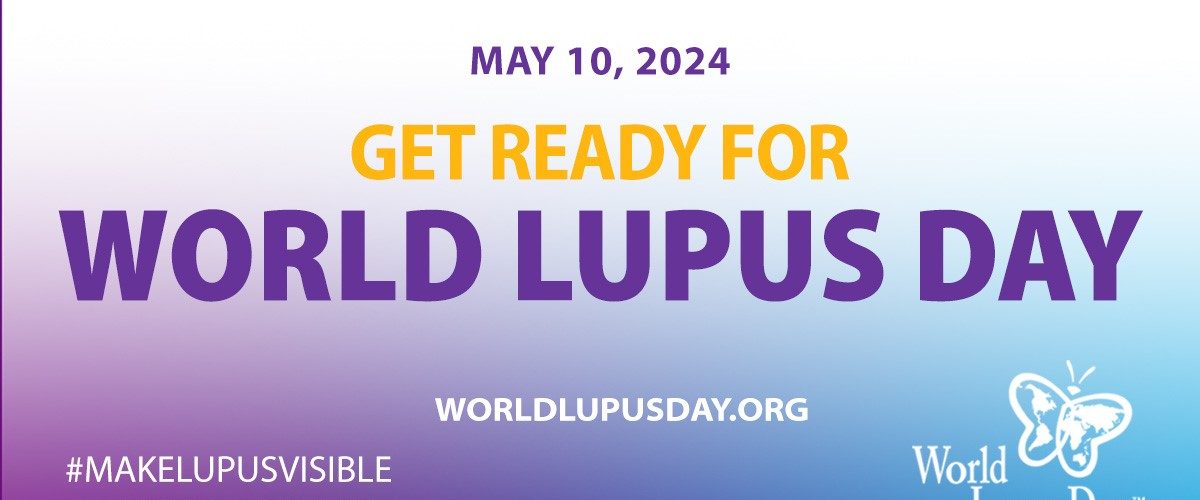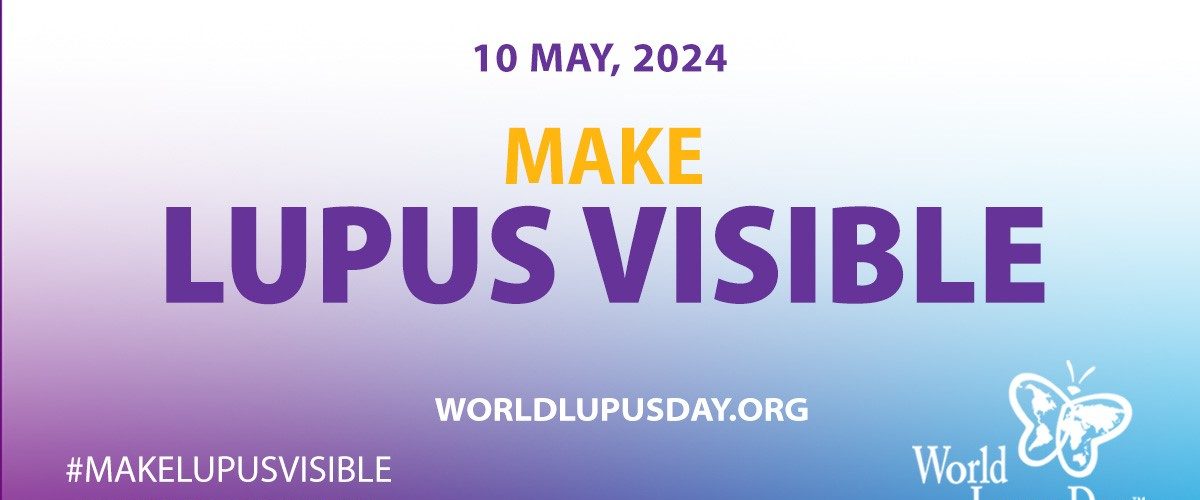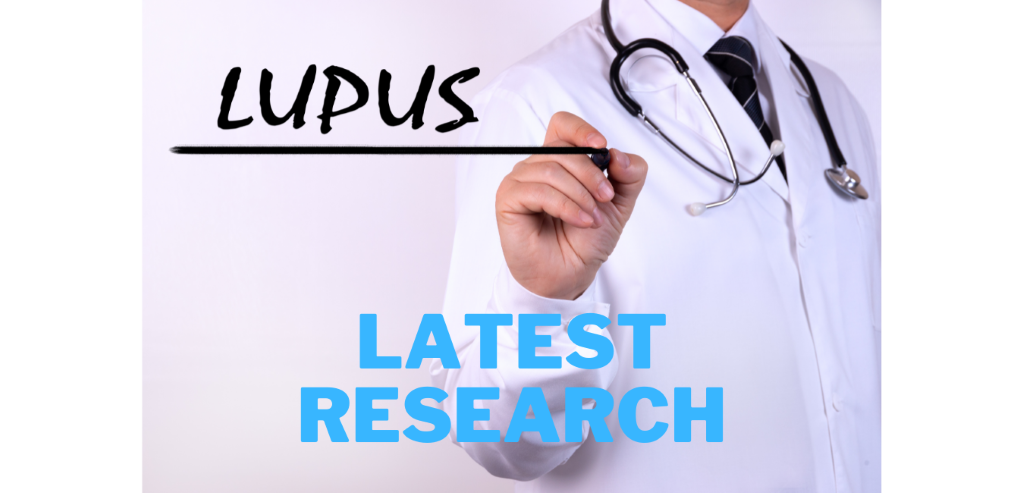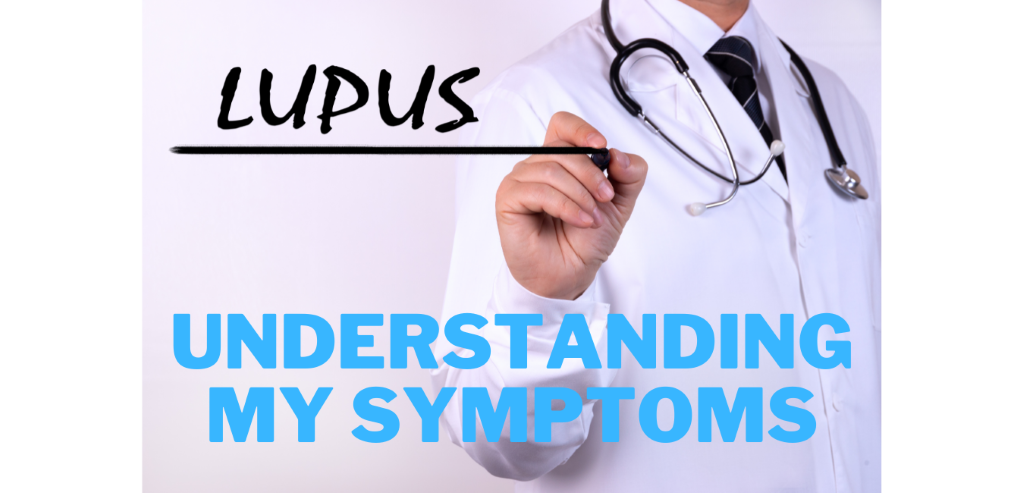Hello
Since 1979 Lupus Association of NSW has been the leading peak body which offers advice, information, support and networking for patients across NSW and now also parts of Australia.
Our priorities
1. To facilitate support and provide counselling and factual up to date information for our members.
2. To promote understanding of Systemic Lupus Erythematosus (SLE) and related Connective Tissue Diseases (CTD) amongst ourselves, our families, medical and allied health professionals and the community.
3. To operate as a resource base for information and literature regarding Systemic Lupus Erythematosus and related Connective Tissue Diseases.
4. To liaise with similar organisations both interstate and overseas.
5. To promote financial support for research, training and health care services for Systemic Lupus Erythematosus and related Connective Tissue Diseases.
6. To consult with Government bodies for appropriate funding for Systemic Lupus Erythematosus and related Connective Tissue Diseases.
What is lupus?
Also known as systemic lupus erythematosus (SLE), lupus reprograms immune cells so they attack the body itself, resulting in chronic inflammation. It can affect the kidneys, joints, skin, brain, and the lining of the heart and lungs. Lupus can be mild or life-threatening.
Risk factors for developing lupus
The triggers for lupus are poorly understood. Some factors that are associated with developing lupus are:
- Being female: 90 per cent of Australians with lupus are women.
- Early adulthood: most cases of lupus are detected in people aged between 15 and 40.
- Genetic susceptibility: lupus is more prevalent in some families and some racial groups. Lupus is more prevalent and more severe in Aboriginal Australians than in the wider Australian population.
- Sunlight exposure can be a trigger in susceptible people.
Key Statistics
1 in 1,000
Lupus is estimated to affect more than 25,000 (1 in 1,000) people in Australia
15-45
Onset usually occurs between 15 and 45 years
90%
90% of those affected are women
The Latest Updates
Researchers at UNSW Sydney (The University of New South Wales) are seeking volunteer research participants to learn about the impact of probiotics and prebiotics on signs and symptoms of Sjögren’s syndrome-related dry eye (primary and secondary Sjögren’s syndrome).
The study might be a good fit for you if:
- Are aged over 18 years
- Currently have been diagnosed with Sjögren’s syndrome-related dry eye.
- No probiotic or prebiotic commercial supplements intake in the last three months
- Are willing to provide written informed consent;
- Are willing to comply with consuming the prebiotic/probiotic product or placebo
- Willing to comply with the clinical trial visit schedule: 3 visits over 4 months.
If you want further information or are interested in participating in this study, please contact Dr Azadeh Tavakoli, a.tavakkolinasab@unsw.edu.au”
For more information please download the attached flyer
PBS listing of Saphnelo
26 April 2024
At the March 2024 meeting, the PBAC has recommended the PBS listing of Saphnelo for patients with severe SLE with high disease activity despite standard of care.
AstraZeneca is working with the Department of Health to finalise the next steps to enable a timely PBS listing.
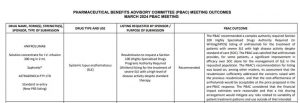
The Saphnelo outcome is copied below, the full set out outcomes can be found here: https://www.pbs.gov.au/info/industry/listing/elements/pbac-meetings/pbac-outcomes/recommendations-made-by-the-pbac-march-2024
World Lupus Day – 10 May
Lupus is a global health problem that affects people of all nationalities, races, ethnicities, genders and ages. Lupus can affect any part of the body in any way at any time, often with unpredictable and life-changing results.
Important Facts to Know about Lupus:
• Lupus is a serious and potentially life-threatening autoimmune disease.
• Lupus can damage any organ or tissue from the skin or joints to the heart or kidneys.
• Lupus develops in response to factors both inside and outside of the body; however, the exact cause of lupus is not known.
• Symptoms of lupus come and go, change over time, making lupus challenging to diagnose. Common symptoms include joint pain, skin rashes, overwhelming fatigue, and fevers that last for days or weeks.
• Lupus is not contagious. You cannot ‘catch’ lupus from someone else.
• While there is no cure for lupus, in most cases lupus can be managed successfully through early diagnosis and expert medical care.
Who has lupus?
• An estimated 5 million people worldwide have lupus.
• Lupus can strike anyone at any time, but 90 percent of the people living with lupus are women.
• Lupus develops most often between ages 15 and 44 and lasts a lifetime.
• People of all races and ethnic groups can develop lupus.
About World Lupus Day
Since 2004 and led by the World Lupus Federation, lupus organizations around the globe have conducted activities on May 10 to raise awareness and educate the public about the symptoms and health effects of lupus.
Raise Awareness of Lupus on Social Media
This year for World Lupus Day on May 10, 2024 the global lupus community will come together for a day of action that will consist of several activities designed to “Make Lupus Visible” so that the world can learn more about this debilitating disease and join us in the fight against lupus. Learn more about lupus and how to get involved to Make Lupus Visible this year for World Lupus Day at worldlupusday.org
About the World Lupus Federation
The World Lupus Federation (WLF) is a coalition of lupus patient organizations, united to improve the quality of life for all people affected by lupus. Through coordinated efforts among its affiliates, the Federation works to expand global initiatives that create greater awareness and understanding of lupus, provide education and services to people living with the disease and advocate on their behalf.
Some quick links to help you
Raise a hand to help us
Help research to find a cure!
Join us as we work to find a cure for this hidden monster

The Lupus Association of NSW site is for informational purposes only and should not be a substitute for professional medical advice, examination, diagnosis or treatment. However, do not delay seeking or disregard medical advice based on information on this site. Always seek the advice of your local family physician or other qualified health professional before starting any new treatment or making any changes to existing treatment. Medical information changes rapidly and while the Lupus Association of NSW make efforts to continually update the content on the site, some information may be out of date.

